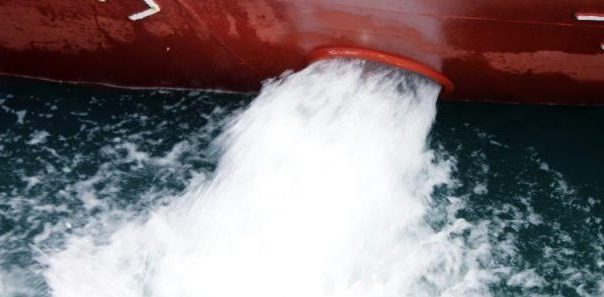The year is 2012, and swarms of applications for Basic and Final Approvals of Ballast Water Management Systems (BWMS) are coming to the IMO. At the same time, industry and others have started questioning whether the type approval guidelines (G8) is out of date and unable to adequately assess the suitability of BWMS to treat the water to the D-2 standard, applied onboard actual ships. Mr Jad Mouawad, BWM expert and owner at Mouawad Consulting, highlights that whether this was the case or not, is not important now.
5 years later, with endless discussions, negotiations and multiple revisions of the G8, the IMO decided that a new BWMS Code (which is a revised G8) is to become mandatory for all BWMS that will be installed onboard ships after 28 October 2020. This means that in order to install a BWMS after 28 October 2020, that BWMS must be type approved following the BWMS Code.
[smlsubform prepend=”GET THE SAFETY4SEA IN YOUR INBOX!” showname=false emailtxt=”” emailholder=”Enter your email address” showsubmit=true submittxt=”Submit” jsthanks=false thankyou=”Thank you for subscribing to our mailing list”]
We are 1.5 years from that deadline, and only seven (7!) BWMS have managed to achieve the BWMS Code Type Approval. This is not acceptable and is a sign of either ignorance by the manufacturers of BWMS, or financial distress keeping them from working to achieve this crucial type approval.
USCG Type Approval and IMO BWMS Code Type Approval are not the same. While the IMO tried hard to make the two regimes align, it failed, and we now have 2 more or less equally robust regimes, but with enough differences to make testing for one, not necessarily qualify for the other. The purpose of this article is not to go into the detail of the differences; they are subtle, and cunning, and if one is not aware of them and carefully plan to cover both in one shot, the BWMS ends up with achieving one (USCG Type Approval usually) but not the other. Alternatively, immense constraints on the operation of the BWMS will be included in the BWMS Code Certificate, to cover for the areas one failed to test.
So far, the exercise of translating USCG Type Approval testing to IMO BWMS Code testing has proven to be difficult and not straight forward. The main reasons are various interpretations of the BWMS Code by the Administrations (the very same problem the initial revision of Guidelines G8 was supposed to tackle; it did not). This, combined with extreme cost for testing BWMS in test facilities and unavailability of those facilities, may be the cause for seeing so few BWMS actually achieving this milestone.
The challenge this fact imposes goes to the core of the implementation of the BWM Convention. If we don’t have enough qualified BWMS, how can we force ship owners to install them and meet the D-2 standard?
Our experience shows us that it is possible to achieve BWMS Code Type Approval by using a large number of the tests and evaluations done for the USCG Type Approval. The gaps can usually be covered either by documentation, supplemental testing or by adding constraints to the operation of the BWMS.
For the sake of the complete industry, it is imperative that manufacturers of BWMS actively engage and seek type approval under the BWMS Code.
The views presented hereabove are only those of the author and do not necessarily those of SAFETY4SEA and are for information sharing and discussion purposes only.






























































